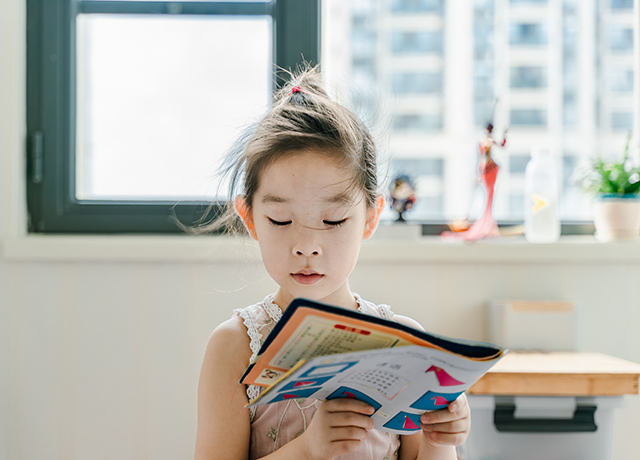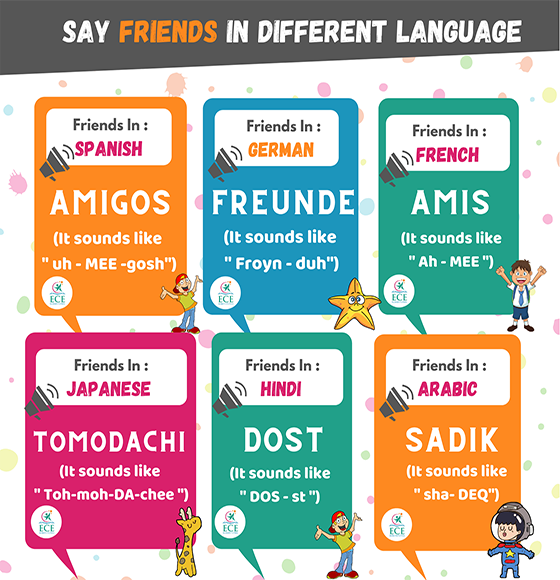
What you should know about a bilingual child? Bilingualism refers to the ability of using 2 languages in daily life. In 2016, about 22% children in the United States were bilingual- which means they spoke in a language other than English. Furthermore, this rate has risen more than 2% in the present years.
But does being bilingual benefit a child?
Parents of bilingual children are often worried about the benefits and costs of early bilingualism. Most parents want their child to be proficient in both languages at an early age; however, some parents are worried about the additional confusion and stress that a new language can put on their little wonders. While the use of a new language can baffle a child for a while, recent studies have shown unless a child is suffering from a neurological disorder, a child can be perfectly fluent in any language without being confused.
Bilingualism has some other benefits which are given below…
Brain Development:
Studies found that Children who speaks two languages speaking from birth through childhood are actually smarter and more focused. Because their brain forced to work harder as it develops, strengthening a child’s prefrontal cortex which helps to focus, plan, prioritize, and make decisions.
“Bilingual children are better able to focus their attention on relevant information and ignore distractions” – Hanen.org.
Academic development:
Learning more than a one language has a direct impact on a child’s academic achievement and development. Bilingual children have improved reading, writing, and math skills, and they generally score higher on standardized tests.
Social-Emotional Development
Bilingual children have better communications skills. Being better able to understand and connect with more individuals and building even stronger friendships within their schools and communities.
“Being bilingual supports children in maintaining strong ties with their family, culture, and community. Bilingual children are also able to make new friends and create strong relationships using their second language,” according to the U.S. Department of Education
Cultural Sensitivity and Empathy
Bilingual children learn better focus and self-control at critical developmental stages. This crucial skill allows them to build better relationships than students who learn a single language.


